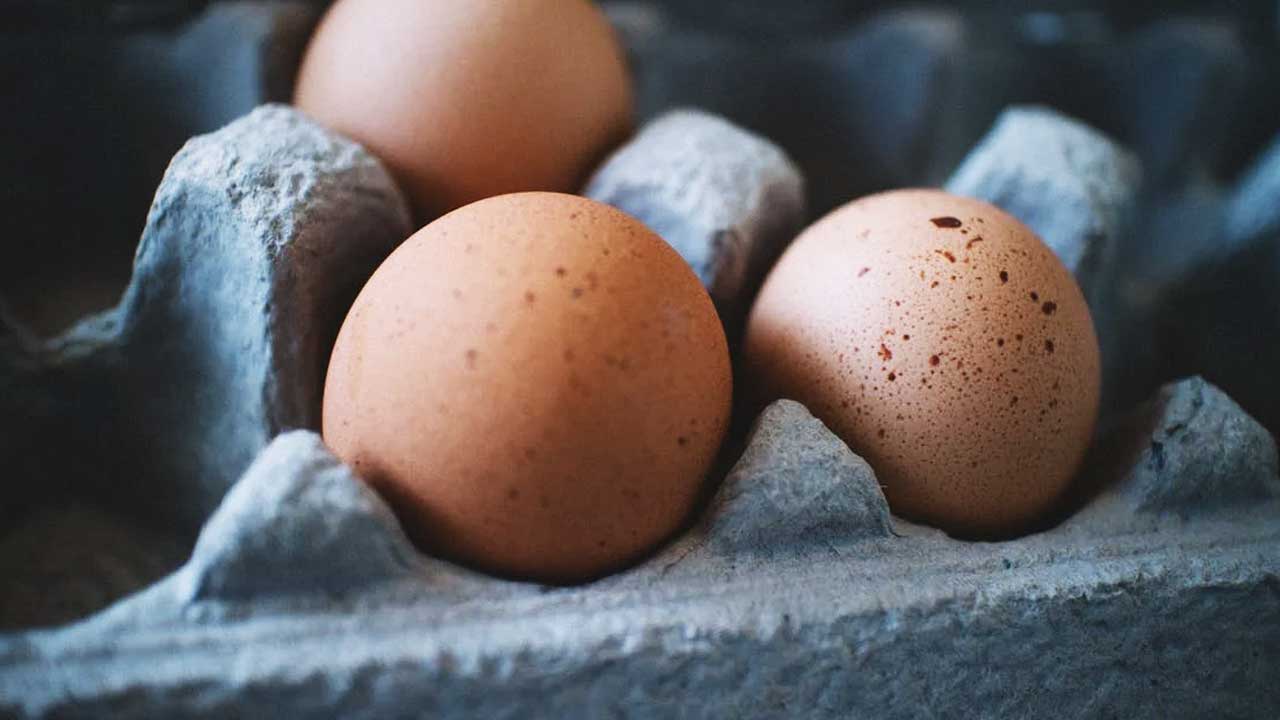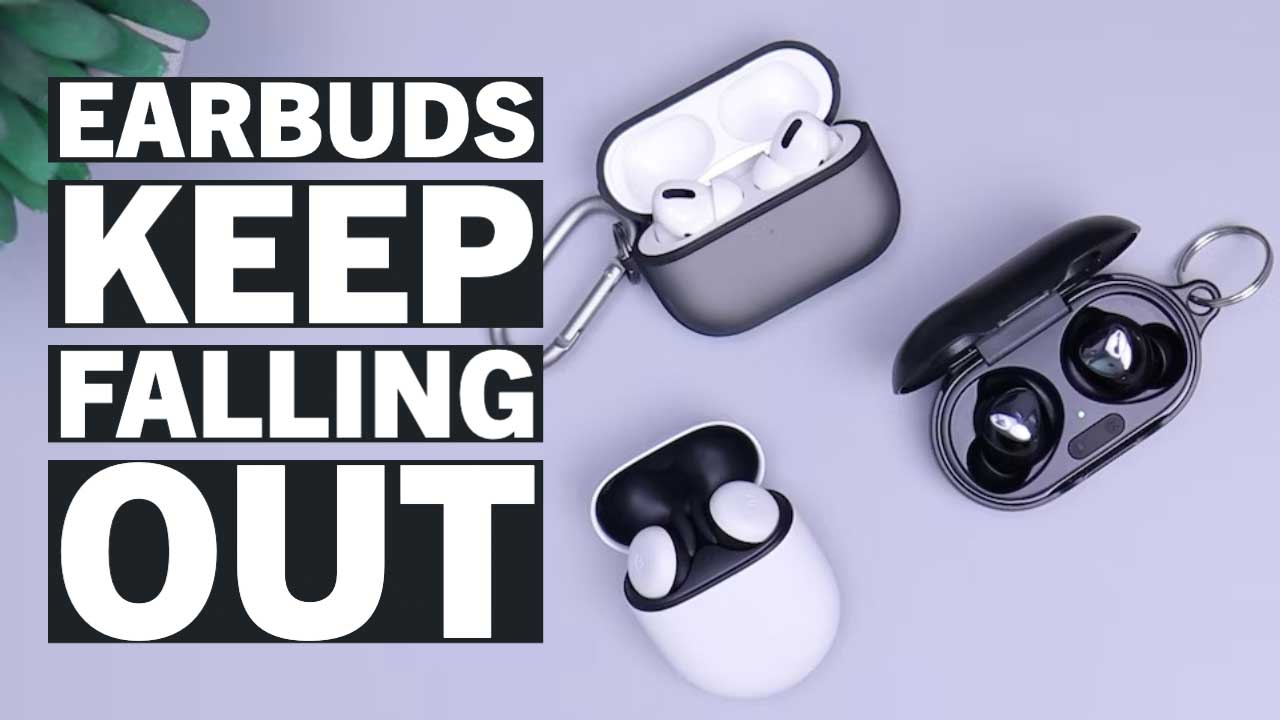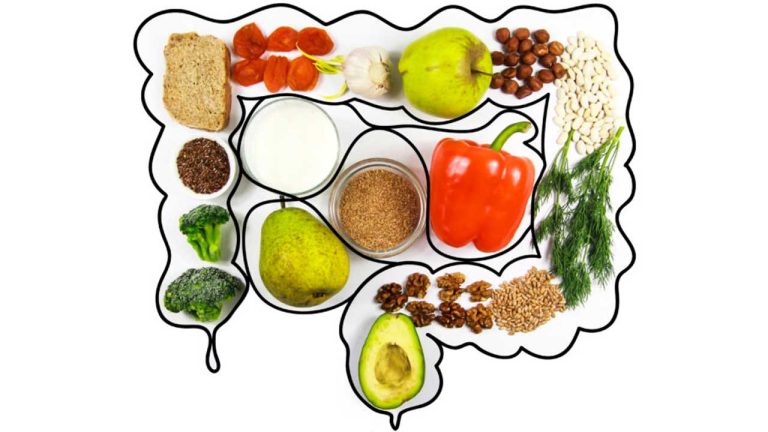What Happens When I Don’t Eat Enough Protein?

ListedFit is reader-supported. When you buy through links on our site, we may earn a small commission.
Does it frustrate you that you can’t gain muscles no matter how long and hard you work out or eat right? One common reason for failing to gain muscles is not eating enough protein. These macronutrients are the building blocks of muscle.
Getting enough protein helps you not only gain but maintain muscle mass and strength. Continue reading below to know the importance of protein in the body, primarily for building muscles.
Table of Contents
- Start Here: What High Protein Diet Does For You
- What Are The Effects of Not Eating Enough Protein
- Effects of Too Much Protein
- What Is the Right Amount of Protein Intake?
- Conclusion
Start Here: What High Protein Diet Does For You

Proteins are the primary source of fuel the body needs to function properly. It also gives structure to internal organs, forms red blood cells, makes immune cells, and is an integral part of hormones and enzymes. Additionally, protein is vital to developing muscles, bone density, lean tissue, and muscle mass.
Protein’s many benefits are why you’ll see visible changes in as short as a few weeks when you combine a high-protein diet and resistance training. These two crucial factors must work together to gain and maintain muscles. So, if you’ve been working out for a while now and haven’t seen any noticeable muscle gain, this is the first thing to consider.
Studies also show that high protein intake:
- Preserves muscle mass.
- Limits muscle loss or wasting due to aging
- Results in a higher protein synthetic response with even distribution in the body.
What Are The Effects of Not Eating Enough Protein
As mentioned above, if you’ve done your part hitting the gym but have no success acquiring muscles, insufficient protein is most likely the culprit. Thus, you must prioritize proper protein intake.
Here are some other adverse effects your body is probably experiencing right now due to lack of protein, further slowing down your muscle building:
- The lack of protein in your diet can harm your health and slowly reduce muscle tissue. Your body will break down muscle fibers to supply tissues with amino acids. The cells then use these acids to make new proteins the body needs.
- It slows down the metabolism and leads to weight gain. Because there is less lean muscle, the calories in the body will not be enough to maintain your weight. You may also notice that you don’t enjoy your meals and get hungry quickly. Since you’re not eating protein, the carbs you eat that typically help build muscle will turn into fat.
- It isn’t easy to recover quickly from exercise. You may also experience fatigue, severe muscle pain, and a feeling of weakness — protein amino acids help repair and build muscle tissues. So, without enough protein, your body will struggle to mend slightly torn or tired muscles from training.
- Protein imbalance can result in a weak immune system. Low immunity happens when antibodies become less effective in fighting bacteria, viruses, germs, and other diseases. Meanwhile, proteins work like calcium, which means there’s a high chance of bone fractures while you’re doing high resistance training with weak bones.
Effects of Too Much Protein
Everything should be in moderation, and anything over the recommended portion is harmful. Although there are benefits to high-protein diets, you still need to consider the effects of too much. Here are the general effects of consuming too much protein:
- It can cause weight gain. Excess protein will turn into glucose for energy supply or fat. It’s similar to what happens with carbohydrates when the body is low in protein. Calories consumed instead of burned ultimately leads to excess kilos.
- Research shows that excessive protein intake can have a detrimental effect on kidney function. It’s specifically more dangerous for people who already have kidney problems. It can lead to hyperfiltration, or a state where the kidney faces an increase in glomerular filtration rate (GFR), which affects the filtration and removal of wastes and toxins from the body.
- It can cause protein toxicity. When you eat large amounts of protein in a short period, protein metabolic wastes (ammonia, uric acid, etc.) that are not used in the body pile up.
What Is the Right Amount of Protein Intake?
Studies suggest that the right amount of protein intake to gain muscle is 1.6 to 2.2 grams per kg of body weight.
You can use these figures or an online calculator to determine how much protein you should eat. However, you must also ensure you’re getting it at the right time. If you want to bulk up, eat a little protein in the morning, then gradually increase intake at lunch and dinner. For snacks, an average of 25 grams can stimulate muscle protein synthesis at night.
Below are the vital type of proteins to include in your diet:
- Lean pork, beef, and poultry
- Fish and seafood
- Dairy products like milk and yogurt
- Seeds and nuts such as almonds, cashews, hemp, chia, and flax
- Whole-grain toasts and cereals
- Soy products
- Eggs
- Fruits and vegetables
Conclusion
Protein is crucial for your body to function. However, too much or too little protein intake can damage your health. See that you only consume the recommended amount of protein for maximum benefits.
Now that you know the importance of protein in building muscles, you can appropriately incorporate it into your diet. Don’t forget to examine your workout routine, health, and schedule first to correctly implement protein in your lifestyle.
If you’re still struggling to gain muscle, remember that no one formula fits all. Some take longer than others to attain the physique they want. Additionally, don’t rush into changing your diet or exercise give things time before you change.
If you have concerns for your health, it’s always best to consult your doctor or dietician.
Author
Latest entries
 FitnessAugust 19, 2023Yohimbe vs Yohimbine: A Quick Comparison Guide
FitnessAugust 19, 2023Yohimbe vs Yohimbine: A Quick Comparison Guide AshwagandhaJune 16, 2023Is Ashwagandha Good for Working Out? Key Benefits Explored
AshwagandhaJune 16, 2023Is Ashwagandha Good for Working Out? Key Benefits Explored Sports HeadphonesMay 25, 2023Why Your EarBuds Keep Falling Out – Quick and Easy Solutions
Sports HeadphonesMay 25, 2023Why Your EarBuds Keep Falling Out – Quick and Easy Solutions Nike ShoesMay 12, 2023Do Nikes Run Big or Small? Decoding the Perfect Fit
Nike ShoesMay 12, 2023Do Nikes Run Big or Small? Decoding the Perfect Fit
Affiliates:
This post may contain affiliate links that at no additional cost to you, the site may earn a small commission. We only recommend products we would use ourselves and all opinions expressed on this site are our own.
General Advice:
The information provided in this article is for general informational purposes only. It is not intended as a substitute for professional advice. Always consult with a qualified healthcare professional before starting any new diet, exercise program, or making changes to your health routine.
Accuracy Advice:
While we strive to provide up-to-date and accurate information, the content in this article may not reflect the most current research or medical guidelines. We encourage readers to do further research and consult with professionals for more personalized advice.
Our Recommendations:
The products and services mentioned in any of our articles are recommended based on our independent research and personal experience. We are not sponsored by any company. We aim to suggest products and services we believe are of high quality and could be beneficial to our readers.






